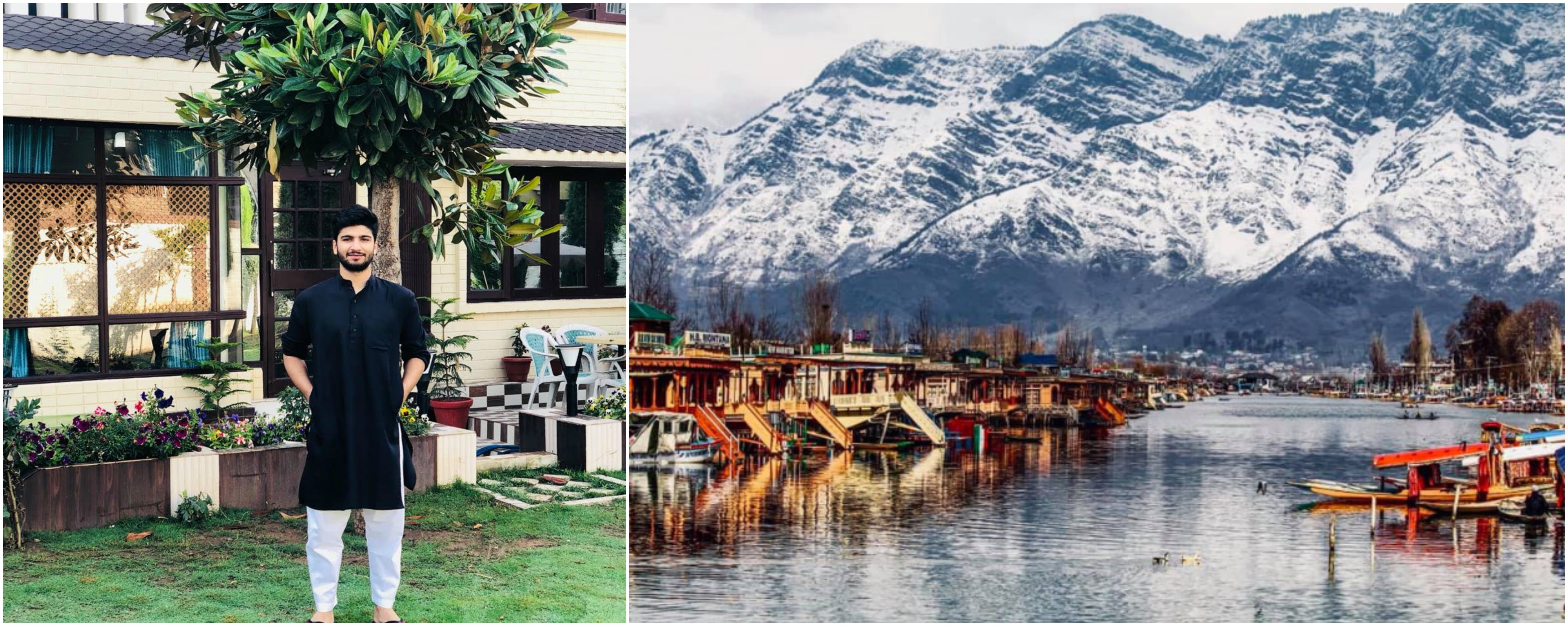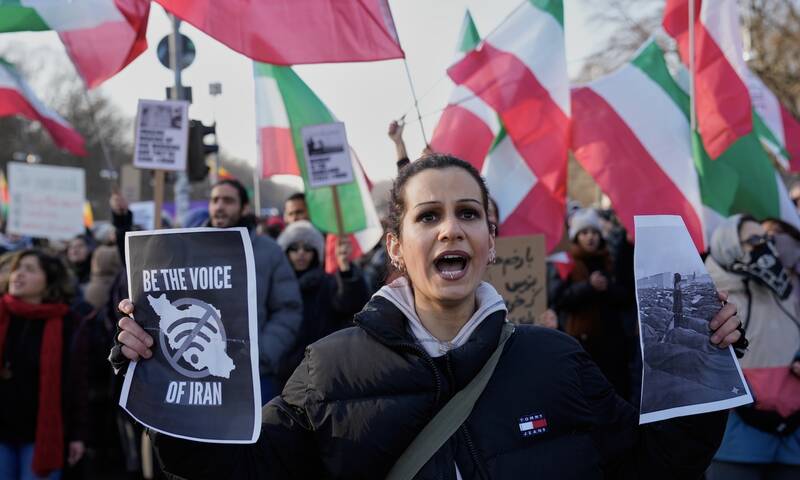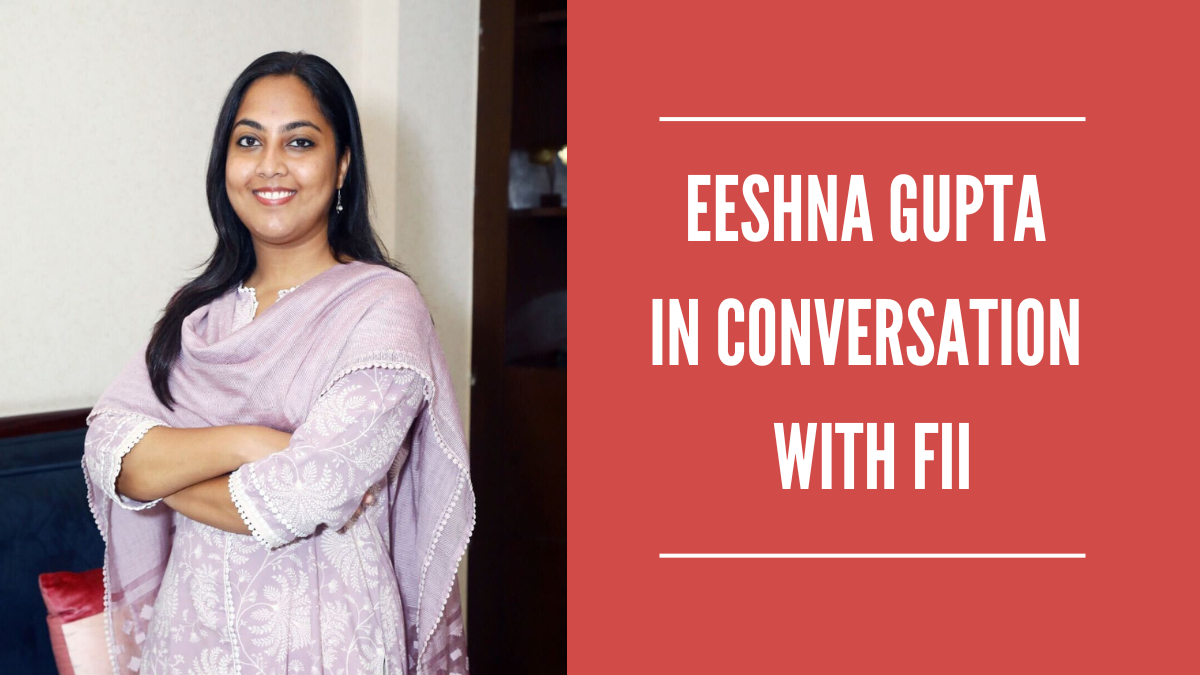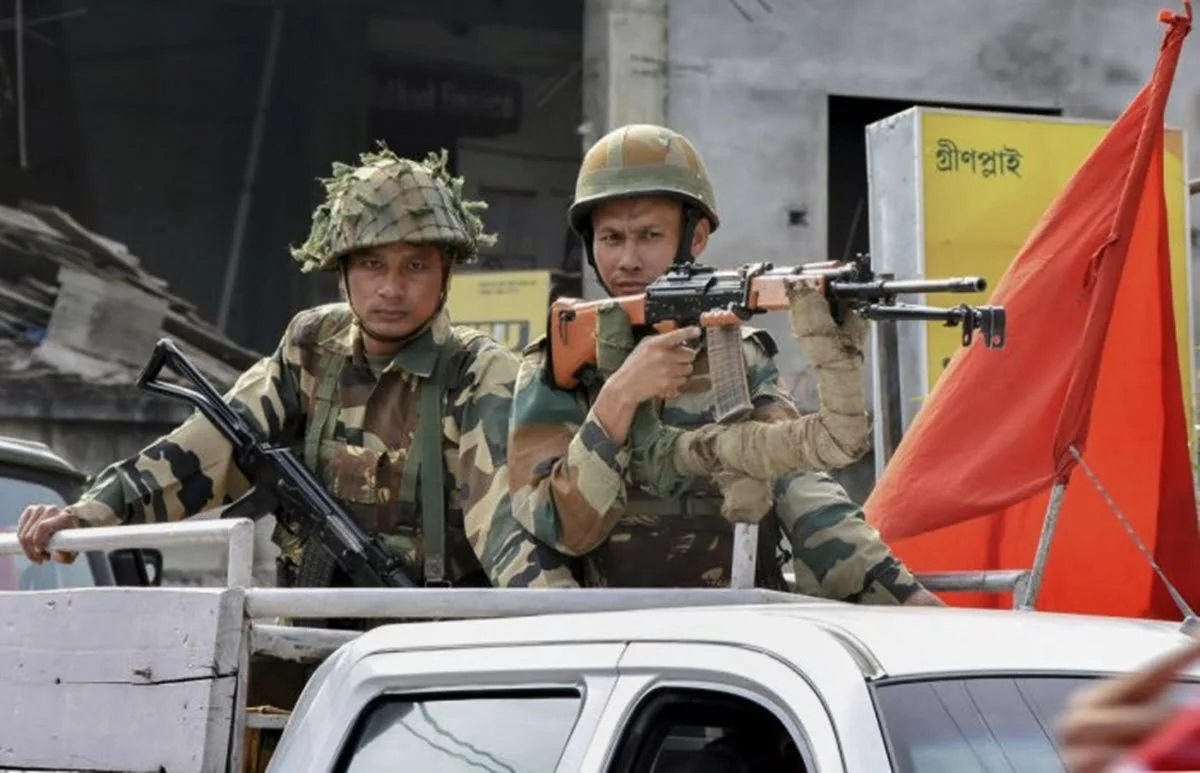On August 5th, 2019, the Narendra Modi government amended Article 370 which granted Jammu and Kashmir special status. Article 370 comes under Part XXI of the Constitution which deals with “Temporary, Transitional and Special provisions.” Thus, all provisions that apply to any other state, do not apply to Jammu and Kashmir. The article was “temporary” merely to give the Constituent Assembly of Kashmir the power to modify, retain or remove the article. This allowed the article to move along with the wishes of the people of Kashmir. There have been numerous instances where the supreme court, as well as the Apex court, have reiterated the permanent status of Article 370. A five-judge bench said, “Article 370 has never ceased to be operative”.
The amendment of Article 370 also diluted Article 35A which was introduced as a part of the President’s bill to ensure territory regulations under Article 370. Article 35A gave power to the local legislature in Indian occupied Kashmir to define permanent residents in the region. This Article forbade non-Kashmiri folks from buying land in Kashmir, holding government jobs, or winning numerous forms of scholarships.
The Modi government has also moved a bill which proposes that J&K be divided into two separate union territories which will be directly ruled by Delhi.
These bold political moves have also been accompanied by the deployment of over 40,000 troops to J&K which is already one of the most militarized areas in the world. The occupation of Kashmir continues with the detainment of Mehbooba Mufti and Omar Abdullah, the implementation of a curfew, internet blackout and closing down of all schools and colleges int the valley.
As democracy is murdered in Modi’s India, Kashmiris in and out of the valley fear for their lives and the lives of their loved ones. As media fills up with political debates, we continue to silence the voices of those directly affected who grieve for their home. In conversation with Ahmed Dar, who is a student studying Lifestyle and Business management in Delhi, we learn about the Kashmir that is home to so many people.
Sometimes I blame the media for this because when all we show is the war and violence we forget that Kashmir is also a home for people.
Roohi Narula: What does Kashmir mean to you?
Ahmed Dar: When people say Kashmir, I think of home, it’s where I belong. What people forget is that Kashmir is a multicultural community with Gurudwaras, temples, and mosques. It’s people’s homes and not simply a war zone. It is where numerous different communities live in harmony, a place with culture and a history like no other. Sometimes I blame the media for this because when all we show is the war and violence we forget that Kashmir is also a home for people.
RN: Why did you move from Kashmir to Delhi?
AD: When we were in Srinagar, schools and colleges would shut down for sometimes six months in a row. It’s absurd when you think about the fact that you’re just put on lockdown meant to sit at your home and you don’t know when it’s going to end. When it ends, you’ve been set back in your education. Often times people just move on to the next grade without having received the education they deserve. So, my parents moved to Delhi. We were privileged enough to have the resources to do so but this also meant leaving the rest of the family behind and struggling to lead these two lives. I still go back to Kashmir and call Kashmir my home, it’s what I am made of.
Also read: Hamid: Conversations With Allah In Kashmir | #UnstereotypeCinema
RN: What does Article 370 and Article 35A mean to you as a citizen of Kashmir?
AD: It was a symbol of our autonomy. Of course autonomy in reality never really existed with Indian Army officials and Border Security Force guarding every nook and corner of Kashmir, but it meant an assured well-being for people who called Kashmir their home. Violence in Kashmir has been happening for the past 30 years. This curfew, this deployment of troops is not something new. It’s a part of life. Yet, these articles allowed us to make our own livelihood, and continue to retain parts of Kashmir that were untouched by violence. Kashmiris ran their own businesses and created life in a place everyone else turned into a war zone. You can’t feel entitled to our land, you can’t take away someone home because you feel entitled to it. These articles gave us a standard of living which is now being forcefully taken away.
RN: What are going to be the consequences of abolishing this article?
AD: We have to remember that Kashmir is not a monolith. People are going to be affected differently according to class, religion and so on. For upper-class and caste Muslims and
Hindus in Kashmir, this is great. They finally get to monetise off lands they own, profit off the tourism industry and so on. Yet, these decisions were made about our homes and our land without us. This also means that people will suffer, those who can not afford to take part in this sort of capitalisation of our land. But then there is also the issue of religion and community. Muslim Kashmiris in their own land are treated like terrorists, like security threats. Like collateral in India’s road to obtaining national security. But if you ask anyone who visits Kashmir, we will treat you with respect, care, and dignity. Then why do we not get the same?
You can’t feel entitled to our land, you can’t take away someone home because you feel entitled to it. These articles gave us a standard of living which is now being forcefully taken away.
RN: Do you feel protected by the Indian government?
AD: Not at all. This move made by the Modi government was not made with good intentions for Kashmiris. We weren’t even asked! It is simply a series of steps by the government to continue to establish India as a Hindu nation and now its Kashmir’s turn. If you ask anyone who lives in Kashmir for us, the Indian army is not a sign of protection, its a sign of danger, of harassment. They’re creating more violence and danger in Kashmir. They are creating terrorists. Imagine, walking around your home and constantly being questioned at every checkpoint, being beaten up if you refuse to comply. Imagine how a young boy would cope with that? Some Kashmiris use pelting as a mode of defence. Children throw stones and rightfully so, on people invading their land but such a small act is met in turn with tear gas, guns and a level of violence no child should have to endure. The Indian government, the Indian military in Kashmir has made our homes into war zones.
RN: Do you think this step taken by the Modi government is to further their agenda of ethnic cleansing?
AD: I remember one day I was driving around downtown Srinagar when a check post came. I had friends in the car who had come to see me from Delhi and I was the only Kashmiri. The officers checked our cars and questioned us. They found nothing because we weren’t doing anything wrong. After a while of simply holding us there, the head office asked which one of us was Kashmiri. When I raised my hand he called me over to him. I knew I had to be calm, and I knew how these situations usually go down. He looked me in the eye and asked me to say ‘Bharat Mata Ki Jai.’ I was taken aback. Every other officer simply stared at me and I knew violence was the next step if I didn’t say anything. I assured the officer that I had loyalties towards India, I performed my ‘Indianness’ to ensure my safety. He refused to listen. I gritted my teeth and said ‘Bharat Mata Ki Jai’ and he laughed and let us go. That’s when I knew that all of this was simply a fight of domination—Hindus over Muslims.
Also read: Why We Celebrate Kashmiri Women’s Resistance Day: A Statement
Featured Image Source: Ahmed Dar
About the author(s)
Undergraduate studying Religion and Gender, activist, feminist. Gender pronouns - she/her/hers




